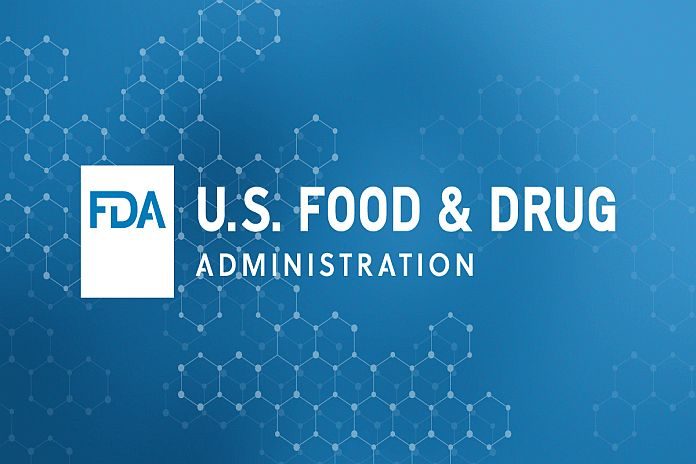WASHINGTON, USA – The US Food and Drug Administration approved Kebilidi (eladocagene exuparvovec-tneq), an adeno-associated virus vector-based gene therapy indicated for the treatment of adult and pediatric patients with aromatic L-amino acid decarboxylase (AADC) deficiency. Kebilidi is the first FDA-approved gene therapy for treatment of AADC deficiency.
“Clinical advancements in the field of gene therapy continue to lead to the discovery and availability of innovative treatment options for rare diseases that are otherwise difficult to manage,” said Peter Marks, M.D., Ph.D., director of the FDA’s Center for Biologics Evaluation and Research (CBER). “Today’s approval underscores our commitment to help make safe and effective treatments available for patients in need.”
Aromatic L-amino acid decarboxylase deficiency is a rare genetic disorder that affects the production of some neurotransmitters, which are chemical messengers that allow cells in the body’s nervous system to communicate with each other. Affected individuals may experience symptoms such as delays in gross motor function (head control, sitting, standing, and walking), hypotonia (weak muscle tone), and developmental and cognitive delays.
“AADC deficiency can cause a range of debilitating symptoms, including life-threatening complications,” said Nicole Verdun, M.D., director of the Office of Therapeutic Products in CBER. “Today’s approval represents important progress in the advancement and availability of safe and effective treatments for debilitating genetic disorders.”
Kebilidi is administered via four infusions in one surgical session into a large structure in the brain involved in motor control. Kebilidi should be administered in a medical center that specializes in pediatric stereotactic neurosurgery – a technique that uses imaging and special equipment to deliver therapies to specific areas in the brain. After infusion of Kebilidi, treatment results in the expression of AADC and subsequent increase in the production of dopamine, a critical neurotransmitter in the brain associated with movement, attention, learning and memory.
The safety and effectiveness of Kebilidi were demonstrated in an open-label, single-arm clinical study in 13 pediatric patients with confirmed diagnosis of AADC deficiency. At the start of the study, all patients had no gross motor function (the most severe presentation of AADC deficiency) and decreased AADC activity in the plasma. Patients treated with Kebilidi were compared to untreated patients (natural history). Motor milestone assessments were completed for 12 of the 13 patients at week 48 after receiving the treatment. The efficacy of Kebilidi was demonstrated based on gross motor function improvement in 8 of 12 treated patients, which has not been reported in untreated patients with the severe presentation of AADC deficiency.
The most common adverse reactions of Kebilidi are dyskinesia (involuntary muscle movements), fever, low blood pressure, anemia (low red blood cell count), increased saliva production, insomnia, low levels of potassium, phosphate, and/or magnesium, and procedural complications such as respiratory and cardiac arrest. It is also contraindicated in patients who have not achieved skull maturity assessed by neuroimaging.
Kebilidi was approved using the Accelerated Approval pathway. Accelerated approval allows the FDA to approve certain products for serious or life-threatening conditions based on evidence of a product’s effect on a surrogate endpoint or an intermediate clinical endpoint that is reasonably likely to predict clinical benefit. In the FDA’s evaluation of Kebilidi for accelerated approval, evidence of effectiveness is based on early improvements in gross motor function measured at 48 weeks after treatment. Continued approval for this indication may be contingent upon verification and description of clinical benefit of the product, such as the durability of the improvements, in a confirmatory clinical trial. A confirmatory trial is ongoing to verify Kebilidi’s clinical benefit.
The application received Priority Review and Orphan Drug designation, and was granted a rare pediatric disease priority review voucher by the FDA.





